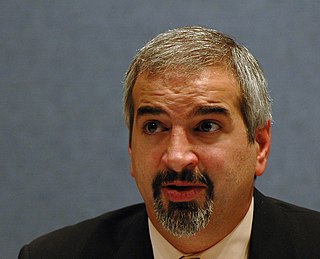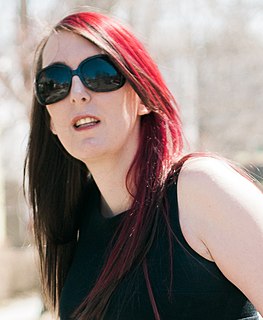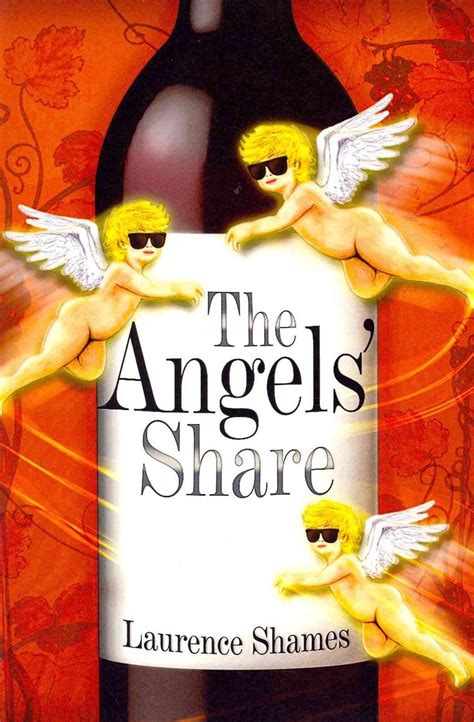A Quote by Robert Darnton
I worked for a brief spell as a journalist, but soon I discovered that I didn't want to be a journalist - I wanted to be a historian.
Quote Topics
Related Quotes
I am old enough to think the word 'journalist' is not all that noble a designation. Journalist - that record keeper, quote taker and processor of press releases - was, in the world of letters I grew up in, a lower-down job. To be a writer - once the ambition of every journalist - was to be the greater truth teller.
The dominant and most deep-dyed trait of the journalist is his timorousness. Where the novelist fearlessly plunges into the water of self-exposure, the journalist stands trembling on the shore in his beach robe. The journalist confines himself to the clean, gentlemanly work of exposing the grieves and shames of others.
I think we're all actors. There's this friend of mine who's a great drummer, and he said, "I never thought I'd be a drummer, but I got really good at it. I always feel like I'm an actor playing the drums." His real calling was that he was going to be a magician. That's what he felt like he wanted to do. If you decide to act like a journalist, you'll probably be a better journalist than just being a journalist. What you're doing is, you're taking the executive role and stepping outside yourself so that you're able to make more objective decisions.






































